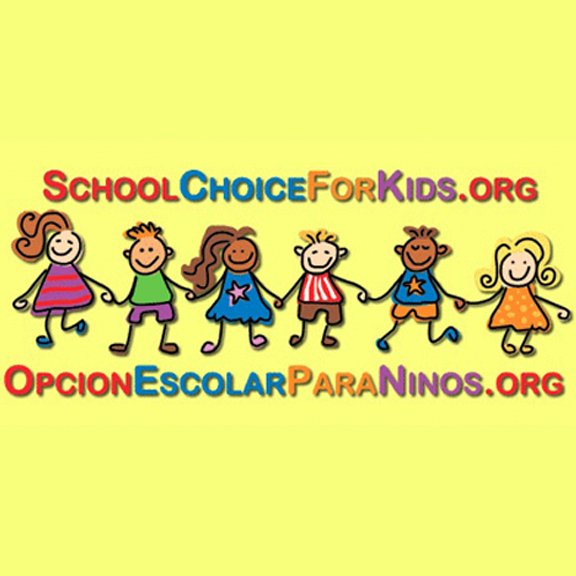Learning to read is essential to a quality education. Kind of goes without saying, doesn’t it? There has been increased attention in recent years on the importance of phonics and scientifically-based reading instruction. These are crucial features of instructing students in the early grades, ensuring they get off to a strong start in their educational careers, yet in too many cases (at least in Colorado) teachers are not adequately prepared to impart the learning to students.
Yet can what sustain and build on those reading skills as students reach 8th grade and beyond? Take a glimpse at what has gone on the past few years in a small corner of the New York City Public Schools (New York City? I can almost hear some of you ask in the voice of disgruntled Texas cowhands. Yes, the Big Apple!). In a New York Daily News op-ed, Sol Stern highlights the success of the three-year Core Knowledge Language Arts (CKLA) program piloted in 10 Bronx and Queens elementary schools:
After the first year, [then school chancellor Joel] Klein announced the early results: On a battery of reading tests, the kindergartners in the Core Knowledge program had achieved gains five times greater than those of students in the control group. The second-year study showed that the Core Knowledge kids made reading gains twice as great as those of students in the control group.
At the relatively minuscule cost of $300,000 per year, keeping this program alive should be a no-brainer. At least that’s what you’d think. Too often success in student learning is far from the most important metric in making K-12 budget and program decisions.
For those of you who aren’t deeply familiar with Core Knowledge, Robert Pondiscio explains the theory behind the action:
Comprehension is highly correlated with general knowledge—the more you know, the greater your ability to read, write, speak and listen with fluency and comprehension. Thus an essential component of reading comprehension instruction must be a focused commitment to build broad background knowledge in a coherent manner from the earliest days of schools–precisely what CKLA seeks to do.
Colorado is blessed to have a number of Core Knowledge schools — most of them of the public charter variety. In fact, Core Knowledge is one of the categories you can use to search for a school near you on our School Choice for Kids site. I count seven within a 10-mile radius of me right now!
If you are looking into a Core Knowledge (CK) school for your child, realize that not all features and results are necessarily the same. Take a closer look. See how much the school uses the CK curriculum and embeds it into the philosophy of learning and action. All part of the process of choosing the best school to suit your child’s educational needs.








